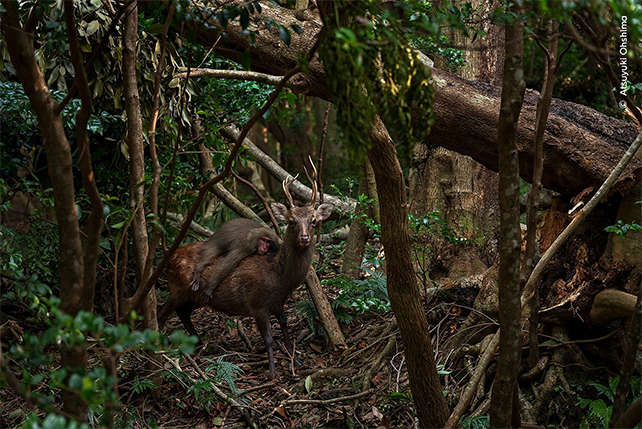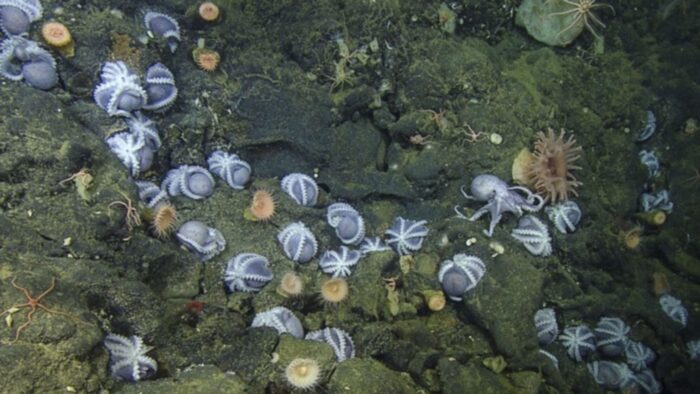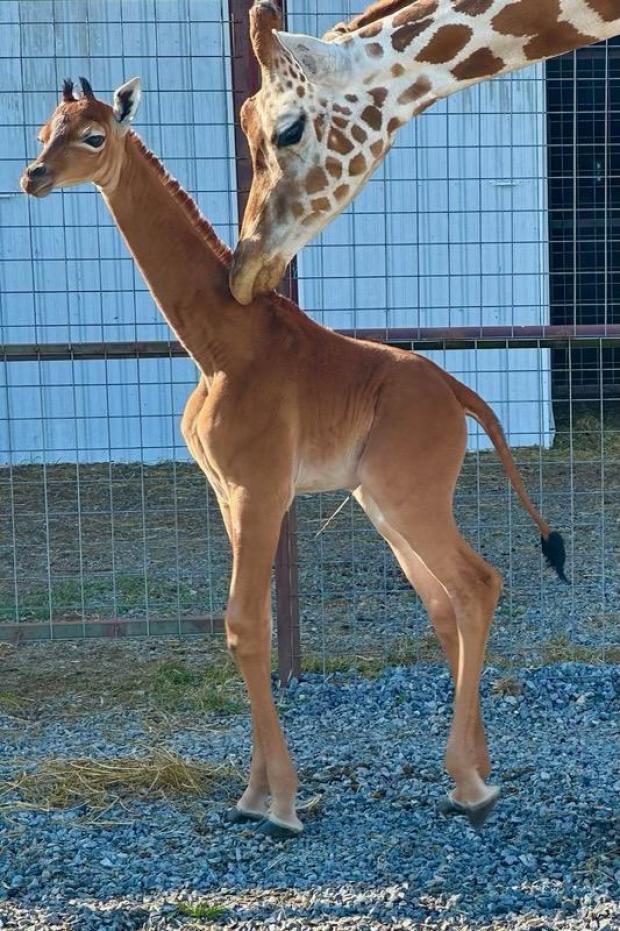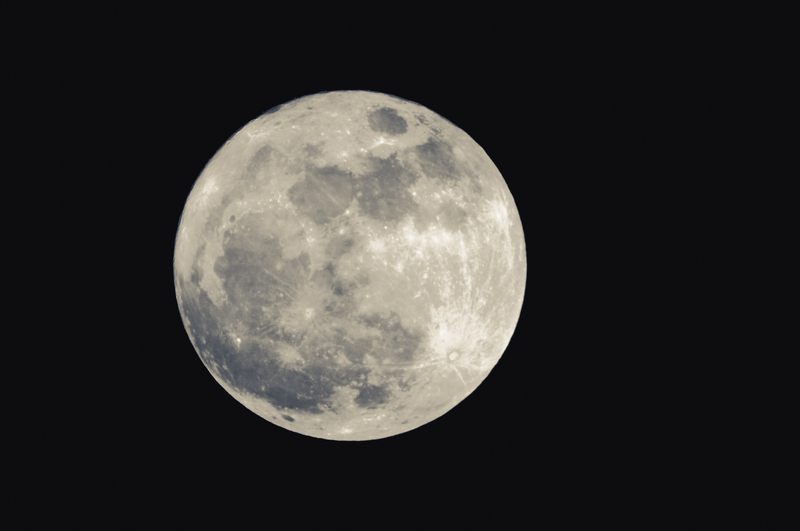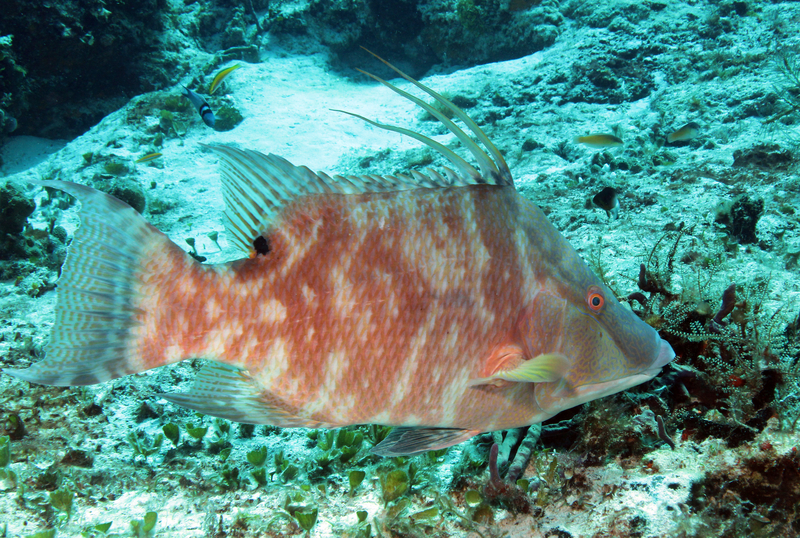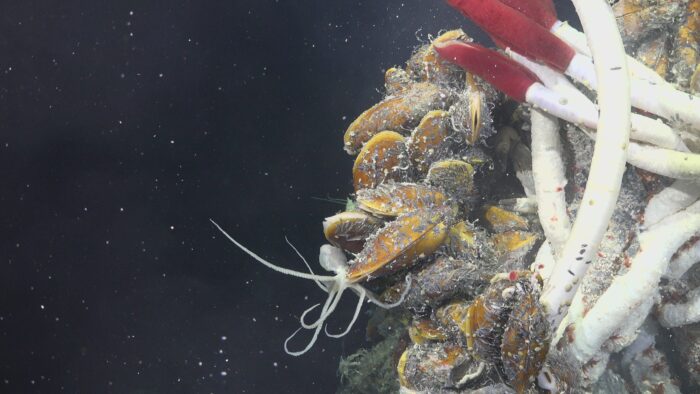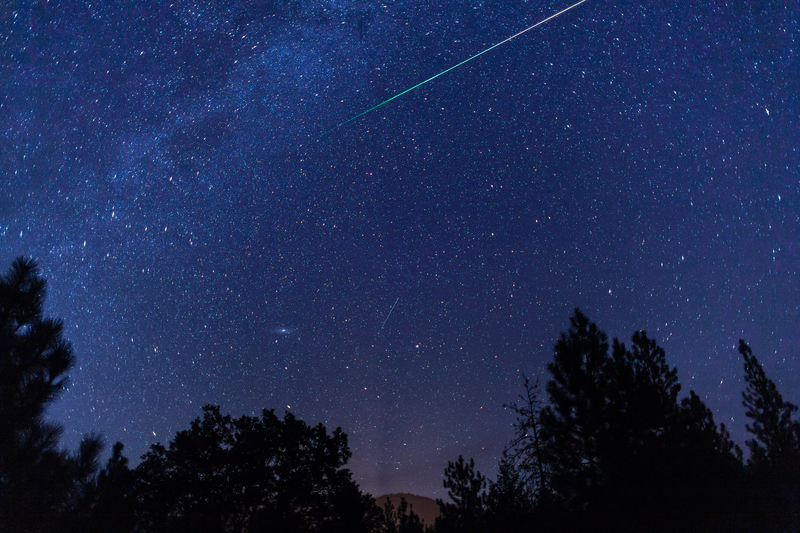We write a lot about the state of our planet and the living things on it. We feel really lucky to be living at a time of heightened awareness about environmental issues.
But awareness is one thing. You know what else is important?
Hope!
That simple belief that all of our efforts will pay off. Hope is the magic fuel that keeps us going. So get ready for a big time energy boost!
Giant pandas are doing better than they have been in almost a century!
China makes the move
"Our status has improved? Wow! Let's celebrate!" (Getty Embed)
In July, the Chinese government officially changed the status of giant pandas from 'endangered' to 'vulnerable'. It marked a major milestone in a national—and global—effort to preserve a species that is a beloved symbol of the country.
For the last 30 years, China has protected pandas and their habitats by law. They have also set up around 50 panda reserves across the country. And they reached out for help around the world.
Giant pandas only live in China. But the government has been willing to loan out pandas to zoos around the world so that they can run captive breeding programs—a terrific way to expand the panda's numbers in safe, controlled environment. Though it got off to a slow start, it has jumped in the last decade. Today, there are around 630 pandas in breeding programs—one quarter of the total world population!
Success despite great odds
The diet of a giant panda is 99% bamboo. (Getty Embed)
This is terrific news, because the task of saving the panda was always a big one. Pandas were at great risk of extinction because of their unique characteristics.
They are slow moving. Their young can't protect themselves. They breed (have babies) slowly and usually have only one cub (even when they give birth to twins, one cub is often abandoned because the mother doesn't have enough milk for two). And they only eat one thing: Bamboo. (And they can't even digest it that well, so they need to eat a lot of it!)
In the mid-20th century, bamboo forests across China were being cut down and cleared to make way for human developments. It was all happening so quickly that pandas could not adapt. A huge reason why the panda has bounced back—over 1,800 individuals in the wild today—is because the Chinese government focused on protecting bamboo forests. They saw the problem and kept the panda's special habitat alive!
Need to stay vigilant
China remains deeply committed to building up panda populations. (Getty Embed)
Of course, vulnerable is still not safe. Giant pandas still face future dangers. Climate change may affect bamboo forests. And at around 2,400 total around the globe, it would not be hard for pandas to slide back to a more dangerous place.
This is why China has been so careful about changing their classification. The International Union for Conservation of Nature (IUCN) had actually already raised pandas to vulnerable in 2016, but China resisted. They didn't want to send the message that the fight to save pandas was over. And they still don't. But they do want to congratulate everyone who has helped pandas so far.
"China's successful conservation of giant pandas shows what can be achieved when political will and science join forces," said Colby Loucks, the World Wildlife Fund's (WWF) Vice President for Wildlife Conservation.
That's an excellent message as we all try to come together to tackle helping the planet we love. For more news on what we can achieve together—even as young people—be sure to read yesterday's post, too!
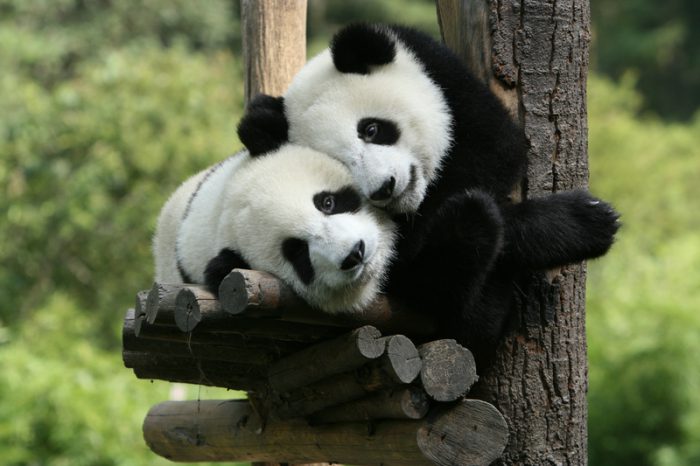 Giant pandas have been a symbol of animal conservation for decades. And the work is paying off! (ID 12054798 © Kuhar | Dreamstime.com)
Giant pandas have been a symbol of animal conservation for decades. And the work is paying off! (ID 12054798 © Kuhar | Dreamstime.com)
